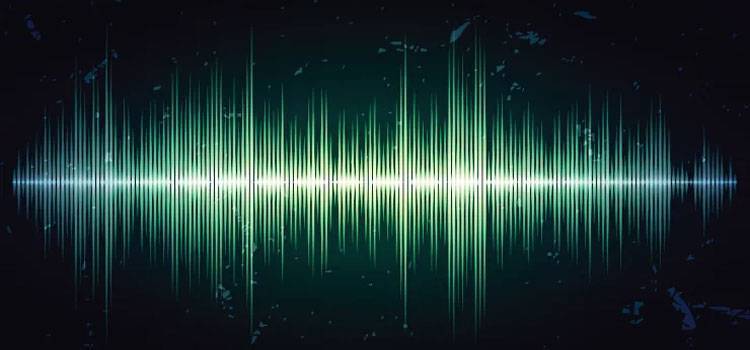
The Islamabad High Court has directed the director generals of the Intelligence Bureau (IB) and the Federal Investigation Agency (FIA) to appear in person in the audio leaks case on February 19.
The directions were issued by Islamabad High Court's Justice Babar Sattar in a seven-page order in the audio leaks case.
In the order, Justice Sattar noted that the attorney general had informed the court that the government had not permitted any law enforcement agency to record calls.
It was further stated in the order that the attorney general stressed that protecting the privacy and rights of every citizen was imperative.
Justice Sattar asked who then leaked the recorded audio of calls on social media. At this, FIA sought time to file a response.
The court directed the FIA to file a comprehensive report about the social media accounts that leaked the audio. The agency's chief was also directed to appear in person before the court at the next hearing of the case on February 19 and explain how surveillance and recordings of phone calls take place.
In its order, the court noted that the Inter-Services Intelligence (ISI), through the Ministry of Defence, has submitted a report on the audio leaks. In the report, ISI claimed it lacks the technology to track the source of media shared on social media. ISI suggested that IB conduct an inquiry and submit a report on the accounts which shared the audio.
The court ordered the law enforcement agencies to investigate and submit a report on the illegally recorded audio of telephone calls and a list of accounts who shared them on social media.
IB chief was directed to explain who can conduct electronic surveillance of Pakistani citizens? Further, he was asked to explain whether the state can remain safe from illegal surveillance of calls?

